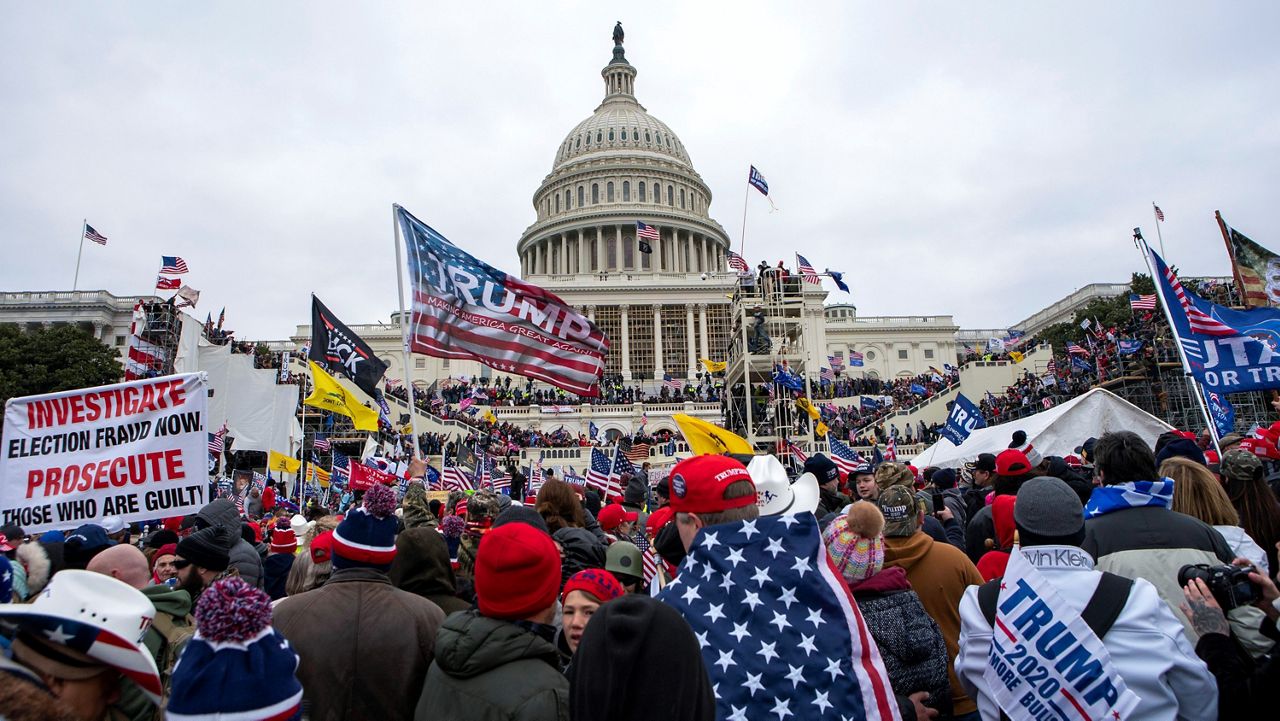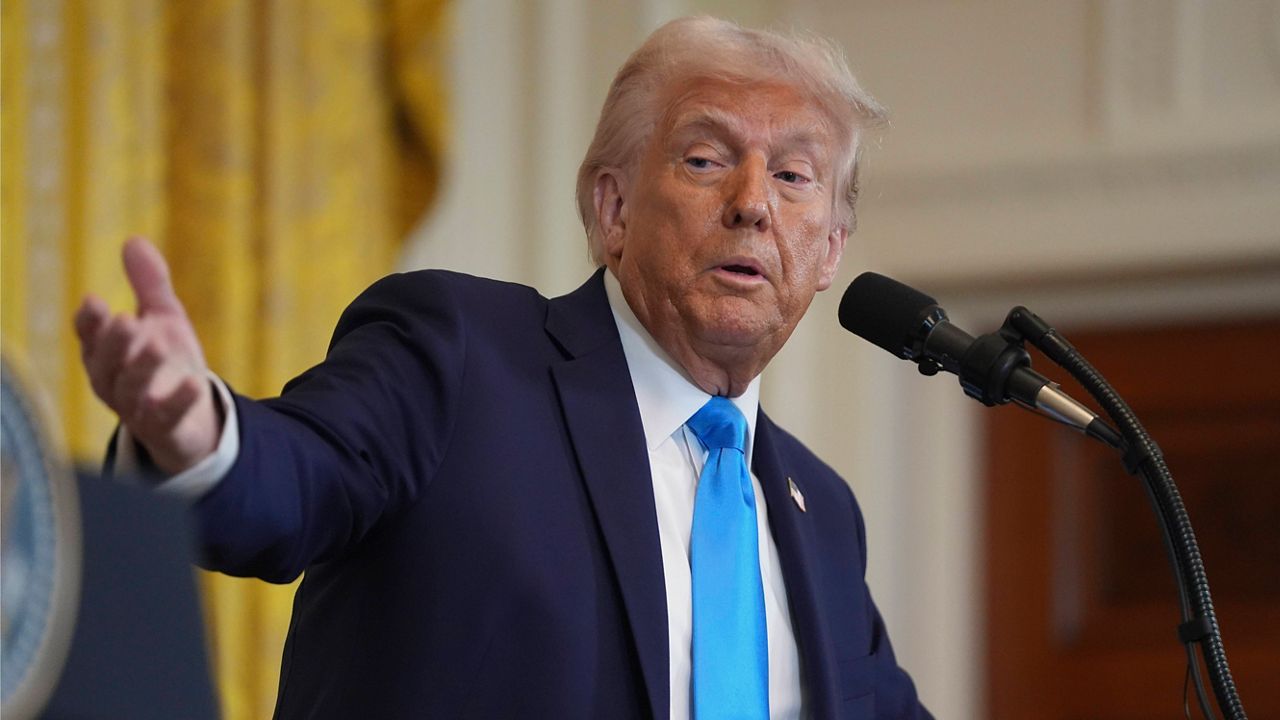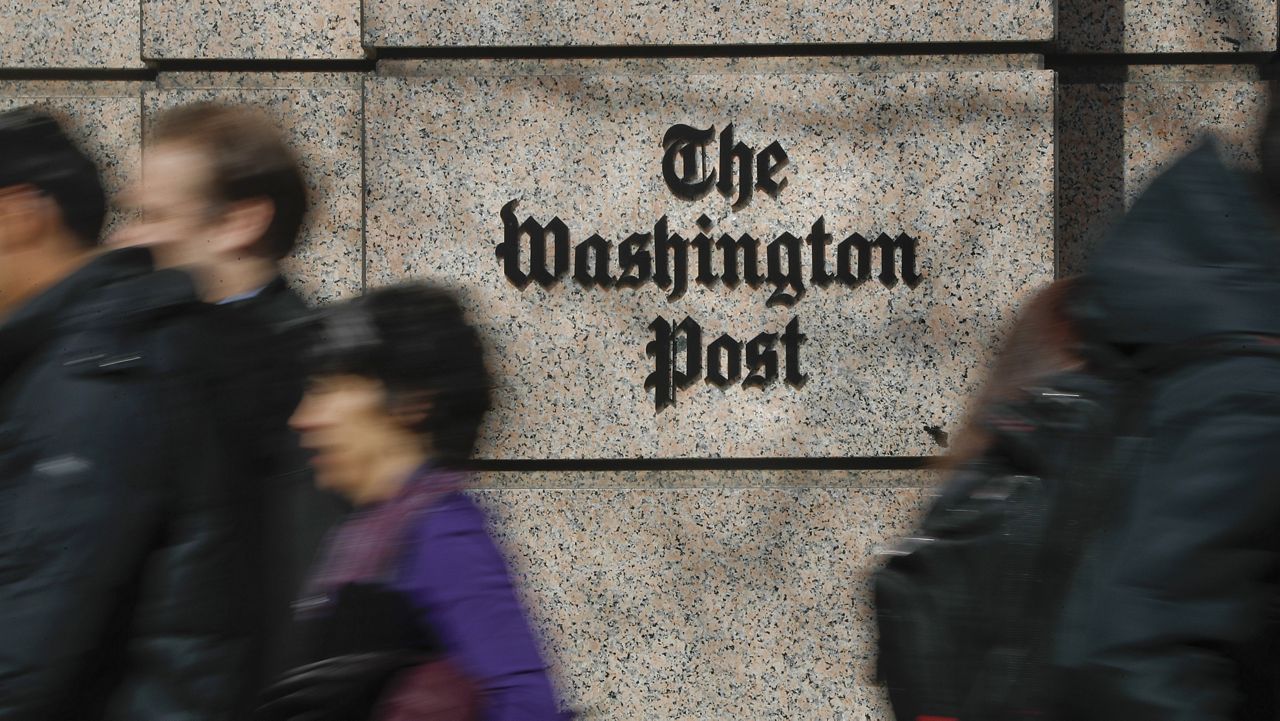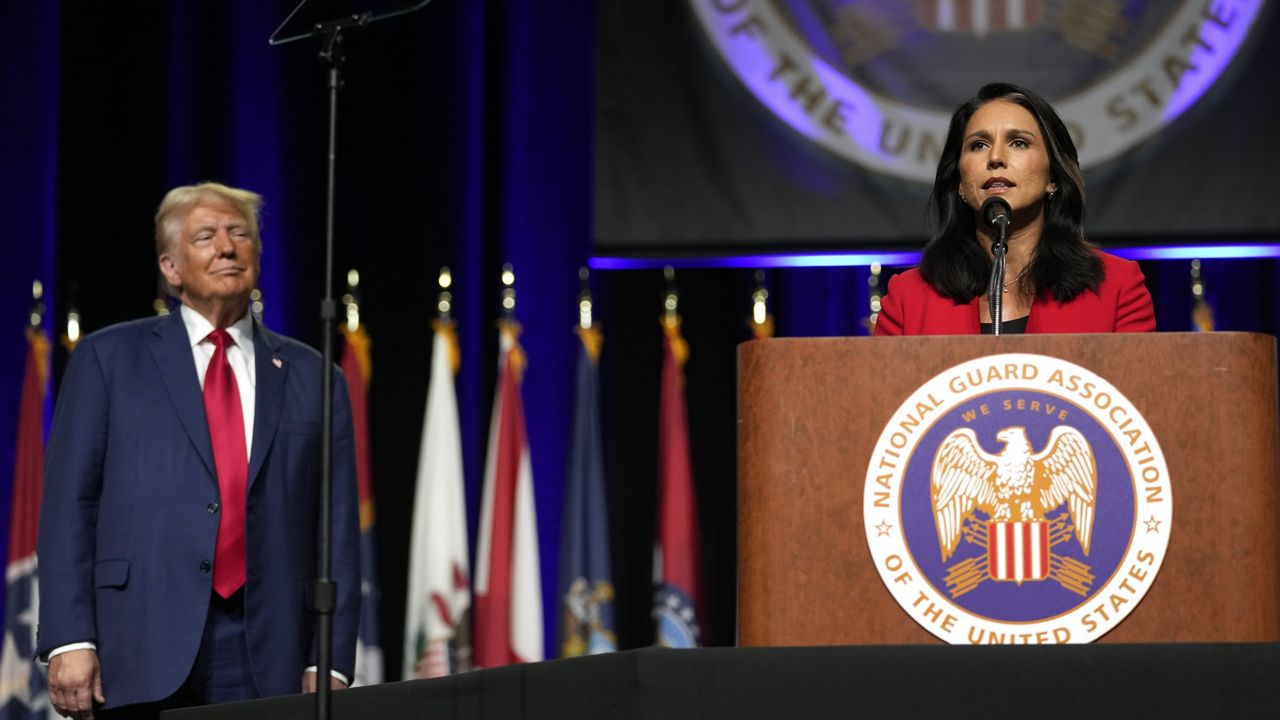We don’t yet know the exact charges against former President Donald Trump, but the legal case is expected to involve hush money payments to cover up an affair during his first presidential campaign.
While a president — current or former — being charged with a crime is unprecedented, a case against a presidential candidate is not.
John Edwards twice ran for president — in 2004 and 2008. He was also the Democratic Party’s nominee for vice president in 2004, serving as John Kerry’s running mate during his unsuccessful campaign against incumbent President George W. Bush.
But in 2011, the North Carolina senator was arrested, charged with violating campaign finance law, by directing hush money to cover up an affair during his 2008 presidential campaign.
Eight years after Edwards’ second campaign, Trump ran for president, a battle for the White House that upended American politics for ages to come.
Now the Republican likely faces at least one felony charge related to hush money payments paid to women during his 2016 campaign to silence claims of an extramarital affair. (Trump has denied any sexual encounter and any wrongdoing.)
“These parallels could be useful in understanding why the case was brought in the first place, but also the difficulties in proving beyond a reasonable doubt each of the cases,” said Steven Friedland, a professor of law and senior scholar at Elon University School of Law in North Carolina.
Trump is expected to use Edwards’ defense that his payments were to protect his family.
But there’s a key difference: Edwards ultimately admitted to the affair.
As recently as late March, Trump denied he ever had an affair with the adult film actress Stormy Daniels, one of the women allegedly at the center of the Manhattan District Attorney’s investigation.
“I never had a relationship with her,” Trump told Fox News. "I never had an affair with her. It’s all made up.”
Edwards was accused of using campaign contributions to cover up his affair, which came as his wife battled cancer that ultimately claimed her life.
Prosecutors banked on testimony from a former top aide with major credibility issues — similar to the role played by former Trump attorney and fixer Michael Cohen, a key witness in the case. Cohen served prison time after pleading guilty to federal charges related to the case.
“It's going to be a real credibility issue,” Friesland said. "And a lot will depend probably on what additional evidence the prosecution offers.”
The Edwards case was also in federal court. Federal prosecutors punted on bringing charges against Trump in this case.
The former president may also find comfort in how it turned out for Edwards: In 2012, a jury acquitted Edwards of one count and couldn't reach a verdict on five others.
“When you look at the John Edwards case, it is certainly not great precedent for the prosecution,” Friedland said.
That said, the cases will be in different venues, and involve different crimes, even as hush money is at the center of both.
As for Edwards, he currently practices law in his native North Carolina. Trump, as we know, is running for president for a third time.









